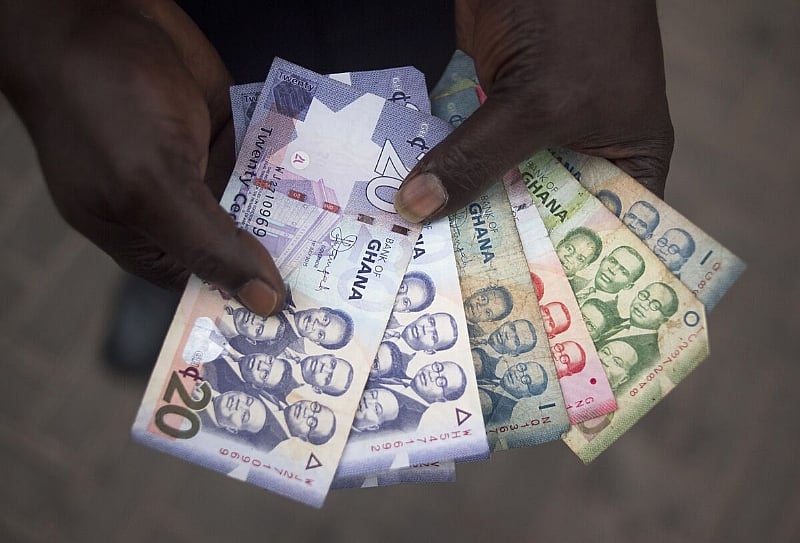On November 1, 2024, the Ghanaian Cedi exhibited notable performance against the United States dollar, maintaining its value in purchasing while appreciating in the selling rate by 2 pesewas. At 10:00 AM, the buying rate stood at GHS16.26, while the selling rate was GHS16.69, as reported by Cedirates.com, a reputable Ghanaian platform for currency and fuel updates. This shift in currency value indicates a slight strengthening of the Cedi relative to the dollar, reflecting the dynamics of the exchange market and potentially improved economic stability. As various investors and businesses remain alert to currency fluctuations, this signals critical insight into the financial landscape of Ghana.
In comparison to the US dollar, the Cedi is trading at interbank rates of GHS16.29 for purchasing and GHS16.31 for selling. The rates for other major currencies, particularly the British Pound Sterling and the Euro, further illustrate the Cedi’s performance. The average buying and selling rates for the Pound are GHS20.83 and GHS21.67, respectively, while the Euro is trading at GHS17.45 for buying and GHS18.19 for selling. These rates highlight the variances in currency strength and the international positioning of the Cedi within the global financial network. Market participants use these rates as benchmarks for foreign exchange transactions.
The interbank market offers slightly different rates for the British Pound, with the Bank of Ghana’s selling price sitting at GHS20.98. Similarly, for the Euro, the current selling price on the interbank market is GHS17.71. These differences across various market segments indicate the liquidity and accessibility of foreign currencies in Ghana. The variations also emphasize the role of the Bank of Ghana in maintaining currency regulation and ensuring that the Cedi remains competitive in the face of global market forces.
For those looking to send remittances to Ghana from the United States or the United Kingdom, digital platforms such as LemFi and Afriex provide competitive rates. These platforms allow users to send money at GHS16.28 and GHS15.66 per dollar, respectively. Furthermore, the rates for the British Pound via these money transfer services are GHS20.95 for buying and GHS20.69 for selling, reflecting the adaptability of fintech solutions in the remittance market. Additionally, Afriex is the only platform that updated its Euro rates on the day in question, offering a selling price of GHS17.21 per euro, showcasing the importance of technology in streamlining foreign exchange transactions.
As the demand for digital transactions grows, platforms facilitating monthly subscriptions to services like Netflix, Spotify, and Apple Music have also adapted to the current currency exchange rates. For users of Visa and Mastercard, the applicable rate to settle transactions in US dollars is GHS17.49. This figure highlights the ongoing need for people to transact with international platforms while navigating the local currency landscape. These developments underline how consumers are increasingly reliant on fair currency rates to manage their subscription services efficiently.
Overall, the Ghanaian Cedi’s exchange behavior against the dollar, sterling, and euro illustrates a multifaceted picture of the country’s financial health and market responsiveness. The interplay of digital remittance services and interbank rates is reshaping how individuals and businesses conduct transactions, emphasizing the essential role of currency exchange in everyday financial activities. As the Cedi continues to navigate the global market, monitoring these rates will be crucial for stakeholders ranging from casual consumers to larger businesses that operate on international scales.














